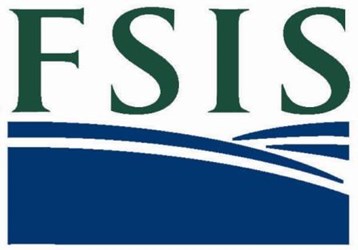What Does The Spike In FSIS FTP Violations Mean?
By Melissa Lind, contributing writer

The USDA’s Food Safety and Inspection Service issued six recall notices in January due to failure to present regarding 220,000 pounds of imported meat and poultry products. That number represents a significant increase in failure to present violations and likely also indicates the Food Safety and Inspection Service has stepped up enforcement of import documentation.
All imported meat and poultry products are subject to inspection by the USDA’s Food Safety and Inspection Service (FSIS). Importers of these products are required to submit notification of import prior to receiving them and present the product for FSIS reinsertion. This process is largely a matter of proper import documentation, but the financial ramifications on non-compliance can be severe.
Failure to present (FTP) violations do not necessarily indicate a safety concern, but rather indicate that importers have not followed proper procedures and protocols. FSIS strongly encourages that importers issue recalls once a violation is discovered. Though importers are not technically required to issue recalls upon the discovery of FTP violation, such recalls are classified as Class I — indicating a reasonable probability that the food may cause serious health threat.
The six previously-mentioned recalls for meat and poultry triggered by FTP violations represent a significant increase in this type of technical violation. In contrast, only six violations resulted in recalls in all of 2014 and involved only 22,000 pounds of products. This spike likely indicates FSIS’ effort to implement the Public Health Information System (PHIS) has been effective. The PHIS has converted the previous, paper-based import inspection process to electronic documentation and has been an ongoing implementation for the last two years, but the final rule was effective as of November 18 of last year.
In addition to implementation of PHIS, FSIS has also doubled the number of personnel that are charged with reviewing import documentation. Importers who fail to ensure proper import documentation are subject to FTP violations and may also face additional penalties imposed by U.S. Customs & Border Protection (CBP). The significant cost of recall may be overshadowed by the cost of disposition. FSIS requirements demand that imported products that become subject to recall be destroyed or exported to the country of origin and CBP penalties may be as high as three times the value of the product.
